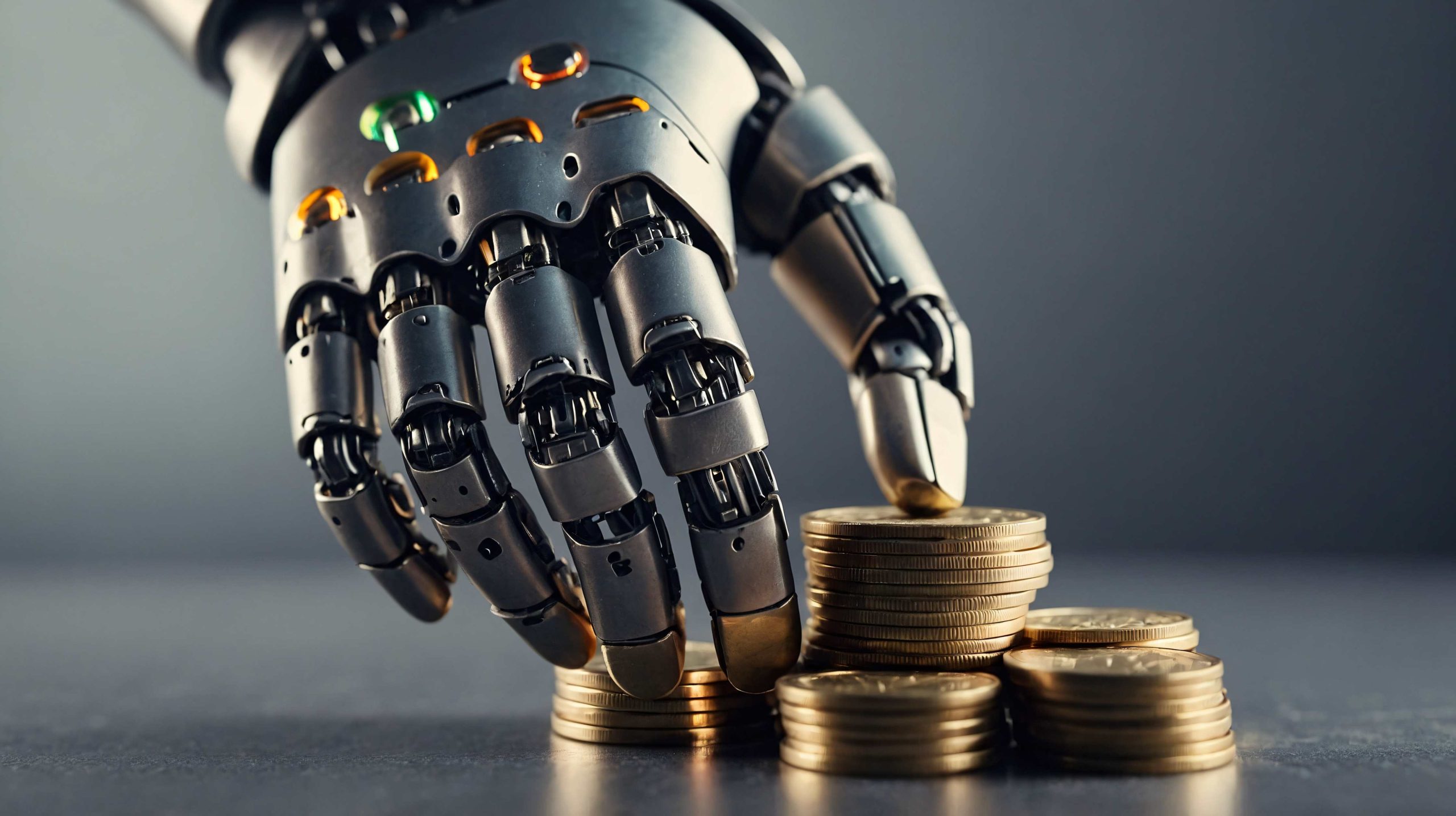Living and working in this fast-moving world, technology is really changing the way one lives, works, and even borrows money.
Probably the single largest innovation in the financial world involves Smart Loans AI powered .
These are loans where decisions about approval are made by artificial intelligence, not by a human being. But how does this work? How does AI decide who gets approved for a loan? And in what ways is it different from the traditional loan process?
The following article will delve deep into the world of smart loans, investigate how AI approves loans, and why this new technology has taken over the lending process.
What is a Smart Loan?
The Smart Loan is a loan application process in which the AI algorithms, after going through your financial history and behavior along with a lot of other data, decide on whether you are fit for a loan.
In the orthodox procedures for dispensation, a human loan officer needs to go through your credit score, income, and other information.
The most appealing feature related to smart loans is the decision-making by artificial intelligence systems, which turns out to be very fast and efficient, often within minutes.
Why are these smart loans gaining so much popularity? Let’s look at a few reasons.
How AI Makes Decisions on Loan Approval
Perhaps you wonder how exactly AI goes about making decisions as to who is qualified for a loan. It all comes back to data.
This AI looks through hundreds and thousands of data derived from numerous sources in order to piece together an accurate picture of one’s financial situation. Following are the key factors AI takes into account when making a decision for loan approval:
Credit Score
Your credit score stays in effect, but AI does so much more than focus on the actual score.
It looks into your whole credit history—how often you have paid your bills on time and/or have missed payments—and more in detail and at a speed than any human.
Income and Employment History
AI also considers your present income and employment history. It looks at how stable your income is and if you have been with that particular job for quite some time.
This will help AI determine whether you are capable of repaying the loan.
Spending Habits
The most interesting thing about AI-driven loans is the fact that they analyze your spending habits. AI systems consider how you spend money between essentials and non-essential goods. From there, AI gets a better picture about financial discipline.
Alternative data includes many things but can be anything from education background, employment history, and spending behavior.
AI uses alternative data, which refers to all of that information a traditional loan officer might not even think to look at.
This includes things like your usage of social media, online transactions, and even your patterns of smartphone use. This gives the AI a much fuller picture of your financial habits and trustworthiness.
Behavioral Patterns
AI can forecast the probability of one’s defaulting on a loan by considering behavioral information.
For instance, frequent late repayments or large, sudden withdrawals might indicate that someone is in a precarious financial situation. The AI flags this in no time and quickly changes its decision.
Why Smart Loans Are More Efficient
Applications for traditional loans take several days or even weeks for approval. Everything with smart loans is faster and smoother. Here’s why:
Speed
Artificial intelligence processes quicker than a human could; hence, instead of days, you could get a decision in minutes.
Accuracy
AI lessens the possibility of human error. It is able to analyze more data points than any human, and each decision is therefore more precise and dependable.
Unbiased Decisions
Human beings may be led by their emotions or unconscious biases; AI would remain completely neutral. It focuses only on the data to make unbiased and precise decisions.
Benefits of Smart Loans
Smart loans offer various advantages to both borrowers and lenders. The key benefits include:
Time for Approval
The fact that all decisions will be made by AI algorithms means your loan request could be approved in only minutes.
This is really great when one needs money urgently because you will not have to wait for days or even weeks for an answer.
Inclusiveness
Conventional lending methods may reject an application if the credit history is not long enough or if the credit score is not perfect.
Smart loans make the assessment process easier using alternative data and allowing people with a less conventional financial history to get approved faster.
Personalized Loan Offers
AI also makes personalized loan offers based on your situation. It will, through analysis, make better recommendations for the amount to be lent out and the rate of interest that best suits you and hence makes it cheaper for one to borrow.
Reduced Risk for Lenders
Because AI can evaluate risk more precisely, lenders can reduce the chances of facing defaults on loan repayments. Lenders are in a position to offer borrowers, whom they view as having less likelihood of default, a better interest rate.
Potential Challenges with Smart Loans
While smart loans come with plenty of advantages, there are still some challenges associated with this type of loan.
Privacy Issues
Some borrowers might be concerned with privacy as most AI systems accumulate and analyze large volumes of personal information.
Where is your information stored? Smart loans ai safe? And who exactly has access to it? These are rather valid questions to which lenders will have to provide answers for customers to feel safe.
Over-reliance on Technology
AI is powerful but not perfect, and there is always a chance that it may not capture some nuances in a person’s financial situation. As such, a person with a temporary financial setback may unjustly be rejected based on the decision made by an algorithm.
Data Bias
While AI in itself is neutral, it needs to be realized that bias may be introduced through the data that is fed into the system.
If biases exist in the data with which the AI was trained, then those biases will remain within the algorithm’s decisions.
Lenders have a responsibility to ensure their systems are trained on data that is both fair and representative.
Conclusion
AI-powered smart loans are disrupting the manner in which money is borrowed. Through data, AI can make quick, accurate, and nondiscriminatory decisions that hasten and democratize the loan-making process.
However, while the benefits are clear, there will be great awareness of challenges such as those of privacy and data biases.
And who knows, next time you apply for a loan, do not be surprised when the decision to accept or reject comes from an algorithm.










